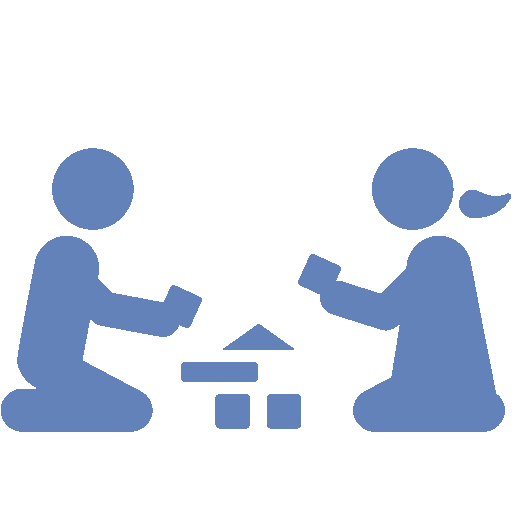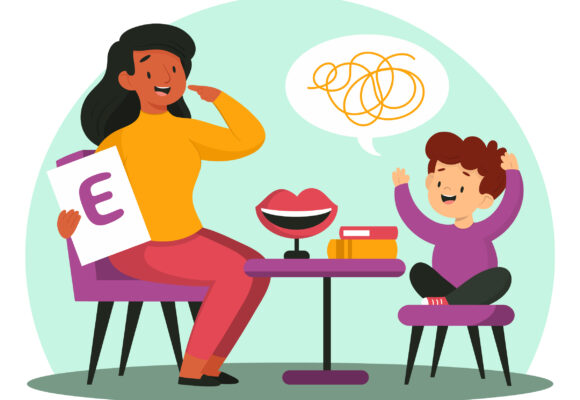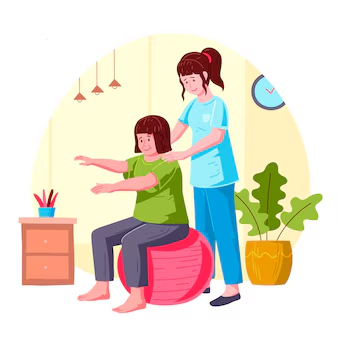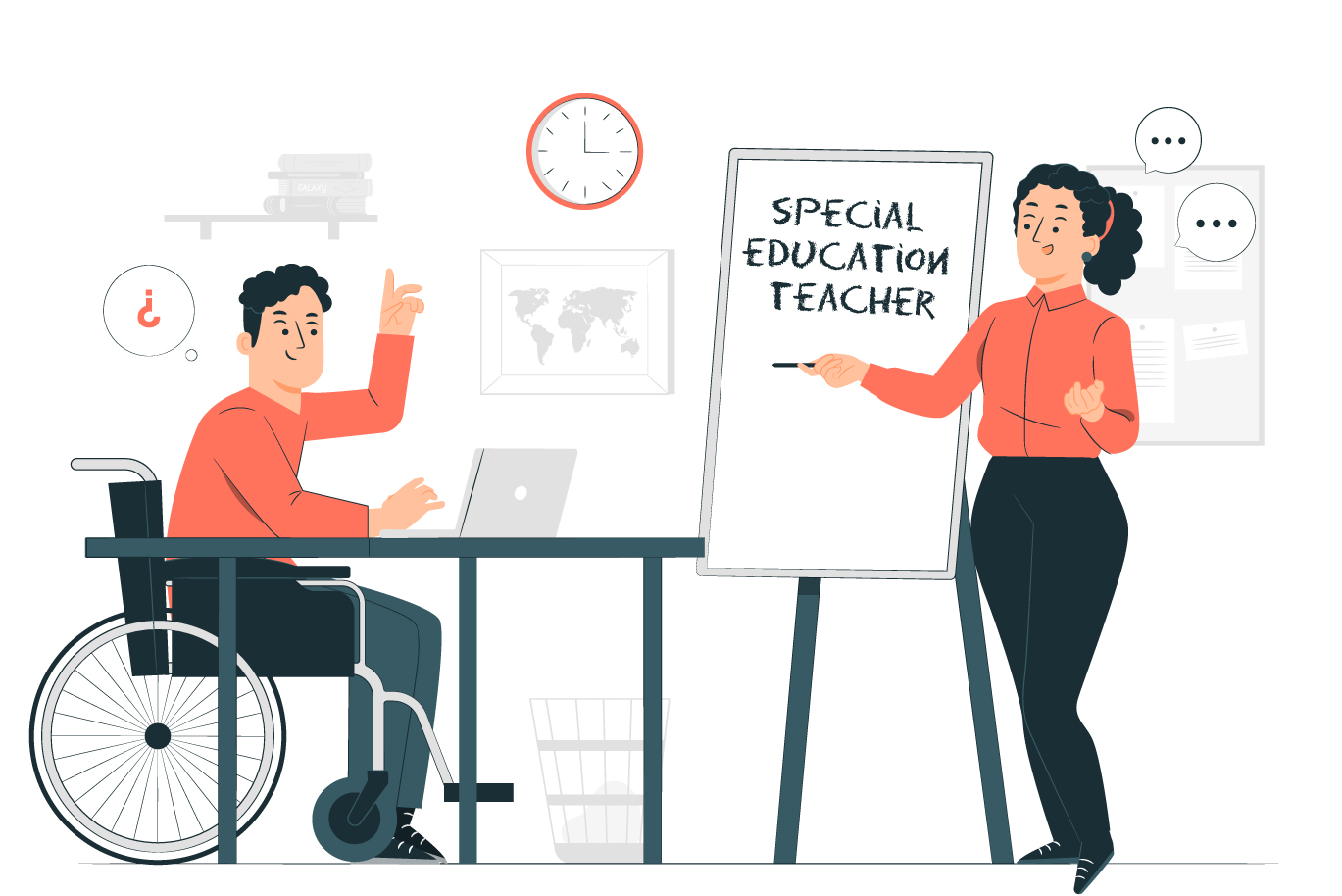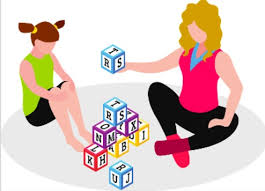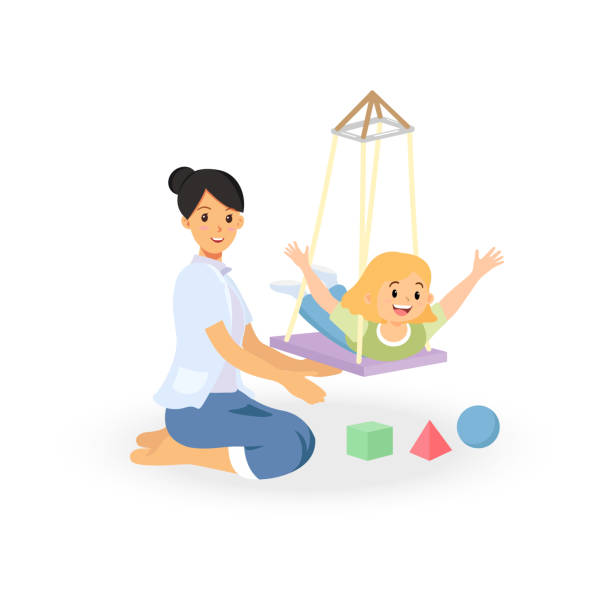CHILD CARE SERVICES
-
EARLY INTERVENTION CENTRE:
It is a provision that caters from infants to pre-adolescence who may be having Developmental delays which may cause a severe threat to children. The goals are to prevent or minimize the physical, cognitive, emotional and social limitations caused due to delays. However, if early and effective intervention is provided, the delay can be controlled and managed up on. The centre is planned to provide individualized goals and curriculum plans, Behavioural analysis and re-evaluations at regular intervals. Adding on to, for better progress and self-care, a proper scheduling, training for parents and various behaviour approaches are included in sessions.
- BEHAVIOUR MODIFICATION THERAPY:
Every individual is best understood and evaluated by the way they think, feel, and behave. Behaviour, according to the psychologists, is a learnt activity, and can be unlearned and relearned. Thus, there is a hope to have an alteration in behaviour more towards a maladaptive type. It is a type of psychotherapy where the focus is to set specific behaviour associated goals and use techniques with the objective of removing or modifying existing symptoms and promoting positive personality, growth and development.” The field of applied behaviour analysis (ABA) emphasizes and encourages healthy modes of communication, social skills, and other activities. It also addresses such adaptive learning skills as hygiene, motor dexterity, self-sufficiency, punctuality, and positive behaviour’s in different settings.
- SPEECH THERAPY:
Speech therapy is a field of expertise practiced by a clinician known as a Speech Language Pathologist (SLP). Speech is a reflection of the cognitive growth and is also an important milestone which later becomes the single most assessed factor. SLP specialize in evaluation, diagnosis, and treatment of communication disorder (speech and language impairment), cognitive-communication disorder, voice disorder, swallowing disorder, vocal nodules post operative rehabilitations, linguistics, phonics, dysphagia, post stroke, aphasia, apraxia dysarthria and also problems related to language & speech like stuttering, articulation and phonological disorders, delayed speech & language, self-talking, verbal & nonverbal communication.
- OCCUPATIONAL THERAPY:
Occupational therapists are health professionals who use occupation and meaningful activities with specific goals to help people of all ages prevent, lessen, or adapt to disabilities. The activities may be as basic as bathing or dressing, or as complex as operating a computer with modified control switches. Among children it helps in achieving independence in their daily living activities, self-care skills of eating, washing, maintaining hygiene as well as to achieve pre academic skills which pushes on to overcome developmental delays and enhance their skill sets. Occupational Therapist does appropriate assessment, provisional diagnosis & treatment. They use screening tools & standardize assessment to know the underline causes of problems and abnormal behaviour and with proper holistic plan resolve underline problems associated to sensory issues, physical developmental issues, cognitive-perceptual issues, issues of abnormal behaviours and lack of social skills and issues related to Activities of Daily living.
- SPECIAL EDUCATION:
Special education is a form of accommodated education that is designed to meet the needs of the students with disabilities such as Learning Disability (dyslexia), Communication Disorders, Emotional and Behavioural Disorders (ADHD, Conduct disorder, Stammering), Physical Disabilities (Cerebral Palsy, Muscular Dystrophy and Spina Bifida), Developmental Disabilities (Autism Spectrum Disorder, Asperger syndrome and Intellectual Disability), Genetic Disorders (Down Syndrome) etc. Students with these kinds of disabilities are likely to benefit from additional educational services such as different approaches to teaching, the use of technology, a specifically adapted teaching area, a resource room, or a separate classroom, so that they can learn the same skills and information as other children in school.
- APPLIED BEHAVIOUR ANALYSIS:
Applied behaviour analysis is a type of interpersonal therapy in which a child works with a practitioner one –on-one basis. The goal of ABA is to improve social skills, communication skills & adoptive behaviour by using interventions that are based on theories of learning. ABA therapy is a type of behavioural therapy that focuses on improving specific behaviours, such as social skills, communication, reading and academics as well as adaptive learning skills, such as fine motor dexterity, hygiene, grooming. ABA therapy applies our understanding of how behaviour works on real situation.
- NEURODEVELOPMENTAL THERAPY:
Neurodevelopmental treatment is a hands-on treatment approach used by Occupational therapist & physical therapist. NDT was developed to enhance the function of adults and children who have difficulty in controlling the movements as a result of neurological insult, such as cerebral palsy, downs syndrome, stroke, and head injury. NDT is a key treatment for neuro-developmental disabilities in children. Generally applicable for children with cerebral palsy & other neuro-disabilities. NDT is based on concept of axial control, limb dissociation, equilibrium & protective reactions.
- SENSORY INTEGRATION THERAPY (SIT):
Sensory integration therapy is essentially a form of Occupational therapy, and it is given by specially trained occupational therapists. It involves specific sensory activities to help a child appropriately respond to sound, light, touch, smell, proprioception, taste and other sensory inputs. SIT is a key treatment approach in case of autism spectrum disorder. Many time children with autism & ADHD facing problems in sensory modulation & discrimination. SIT is a treatment approach which is based on stimulation of tactile, proprioception, vestibular, visual, auditory & olfactory system in meaningful activities.
